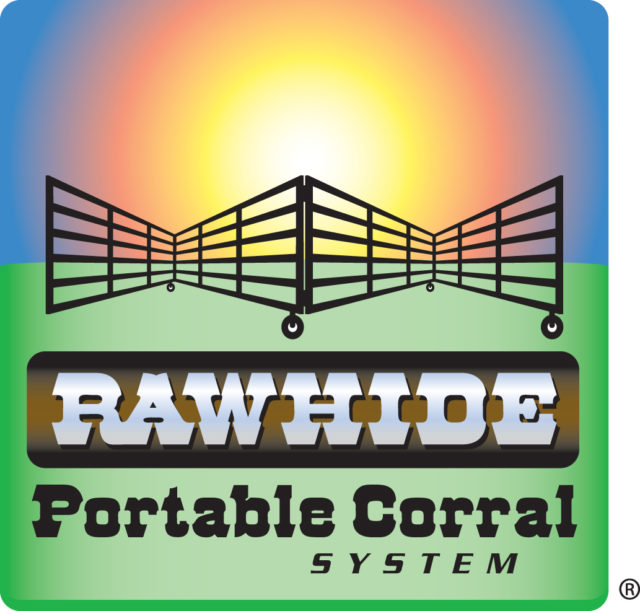"This is great news for American ranchers and beef companies," said Vilsack. "Hong Kong is already the fourth largest market for U.S. beef and beef product exports, with sales there reaching a historic high of $823 million in 2013. We look forward to expanded opportunities there for the U.S. beef industry now that all trade restrictions are lifted," Vilsack said.
Under the new terms, Hong Kong will permit the import of the full range of U.S. beef and beef products, consistent with access prior to December 2003. The new terms become effective June 17, 2014.
Previously, only deboned beef from all cattle and certain bone-in beef from cattle less than 30 months of age could be shipped from the U.S. to Hong Kong. Earlier this year, Mexico, Uruguay, Ecuador and Sri Lanka also lifted their long-standing restrictions to provide full access for U.S. beef and beef products.
"Last year, the World Organization for Animal Health (OIE) granted the U.S. negligible risk status for BSE, further affirming the safety of U.S. beef and beef products," said Vilsack.
"We welcome this move by Hong Kong and will continue our efforts to break down barriers and expand access for high-quality, safe and wholesome U.S. food and agricultural products in Hong Kong and around the world."
In December 2003, Hong Kong banned U.S. beef and beef products following the detection of a bovine spongiform encephalopathy (BSE)-positive animal in the U.S. – one of only four cases ever discovered in America. In December 2005, Hong Kong partially reopened its market to allow imports of deboned U.S. beef from cattle aged 30 months or younger produced under a special program for Hong Kong and expanded access to include certain bone-in cuts from cattle less than 30 months of age in February 2013.
Experts in the U.S. and countries around the world have confirmed that U.S. beef is safe, with extremely low risk of BSE. There has never been a recorded case of BSE transmission to a human through American beef.
While Hong Kong is officially part of China, it serves as its own customs and quarantine administration zone and so maintains its own rules and regulations. ![]()
—From USDA news release






